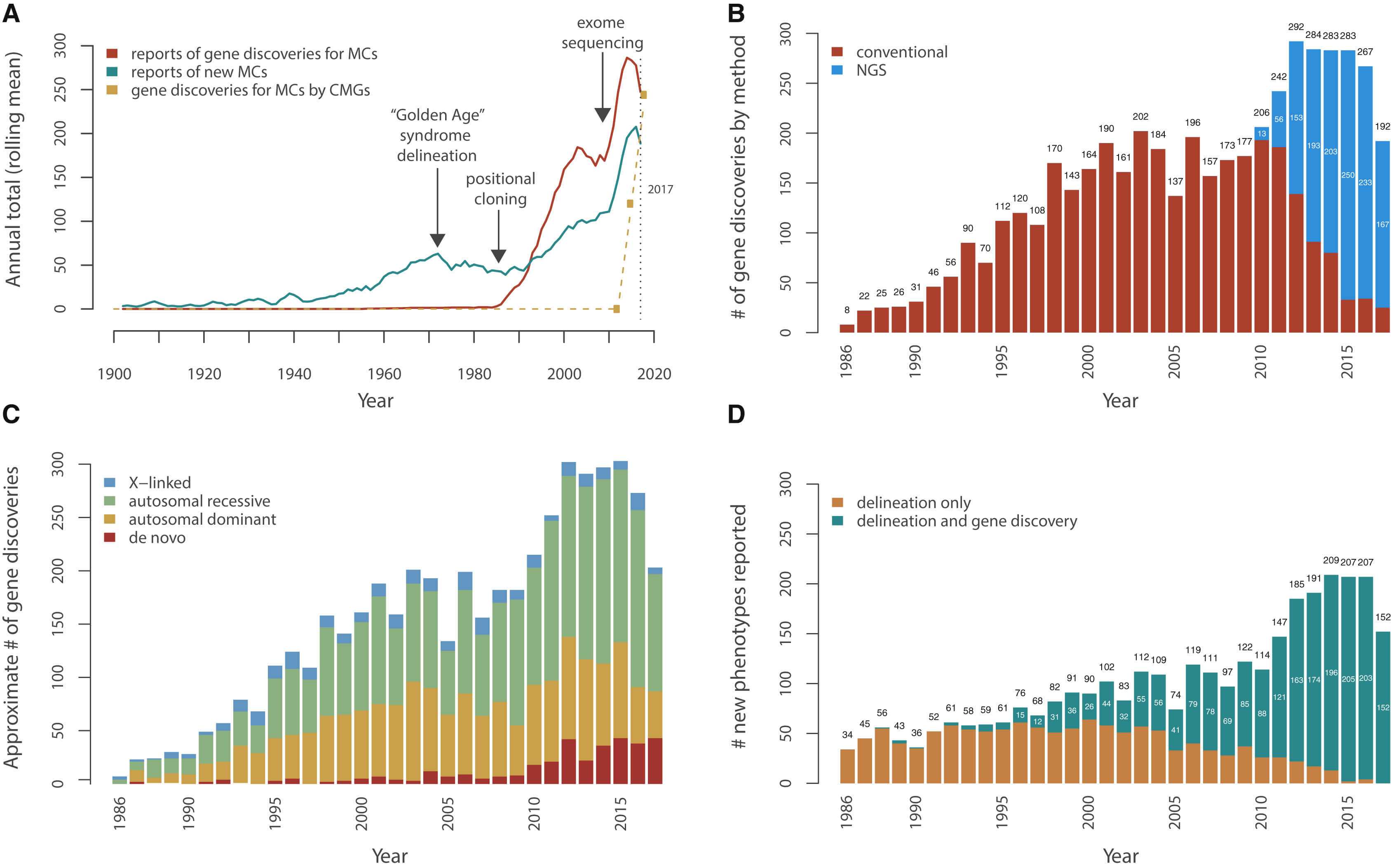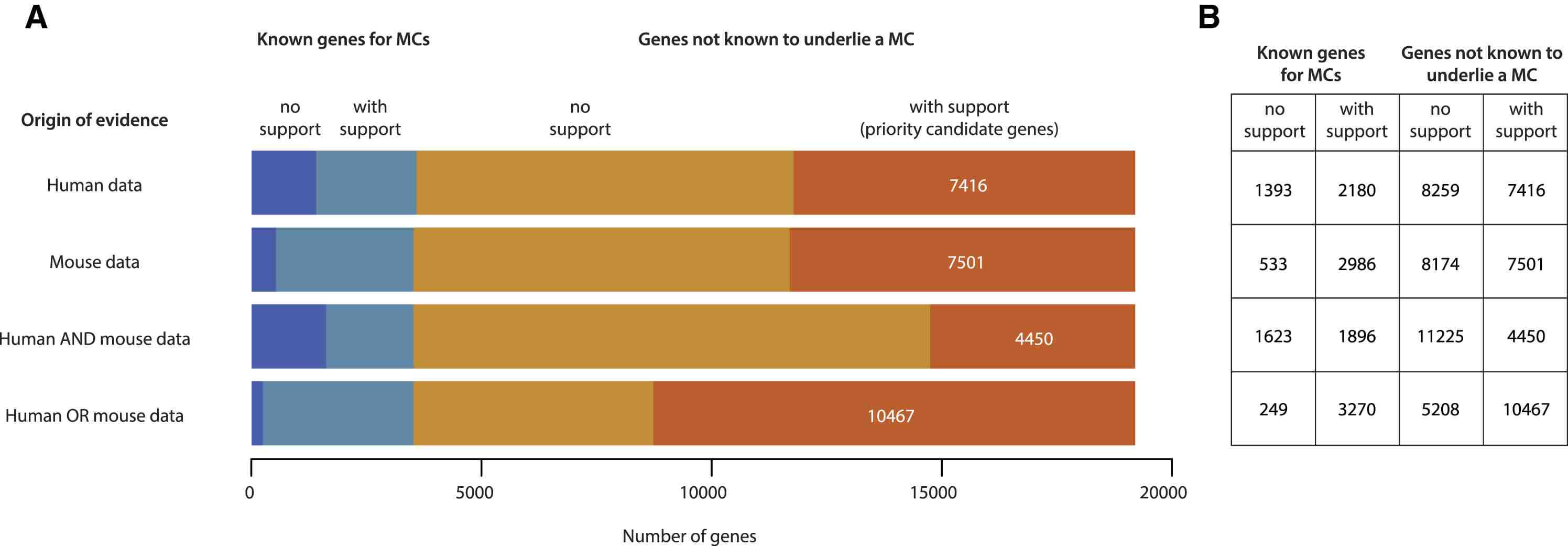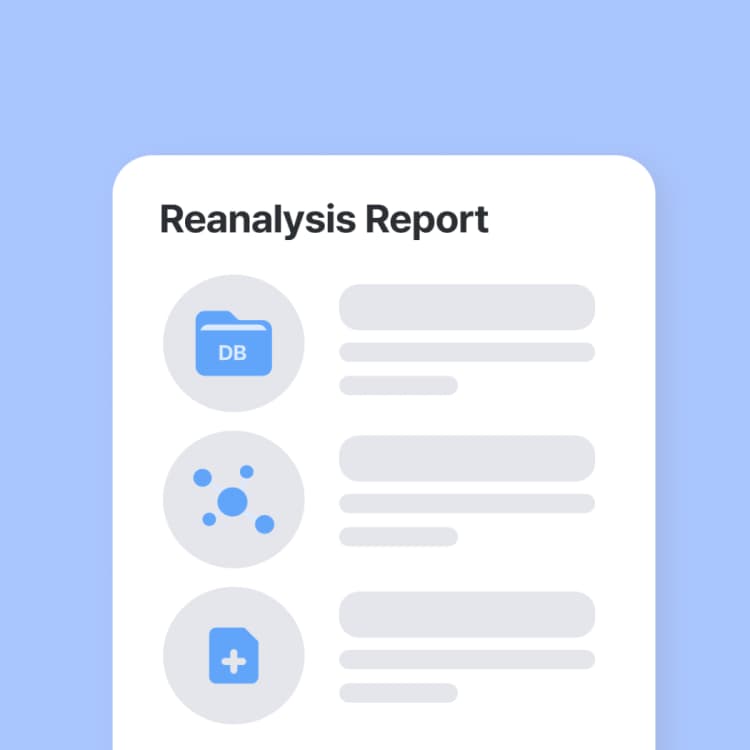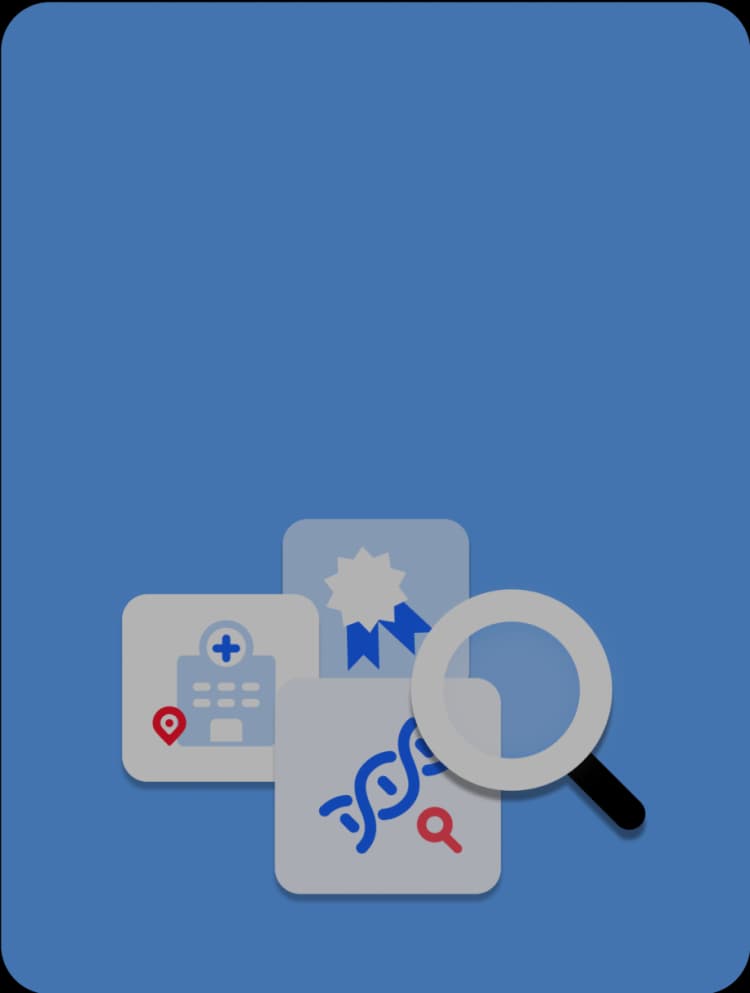The Future of Genetic Diagnostics: NGS, Reanalysis, and Collaboration
Next-generation sequencing has revolutionized genetic research by allowing for the rapid and cost-effective sequencing of entire genomes. This technological leap has not only facilitated initial gene discovery but also enabled continuous reanalysis of genetic data. The dynamic field of genetic medicine has greatly benefited from continuous reanalysis of genetic data, leading to the discovery of new genetic diagnoses. As new information and better analytical tools become available, previously inconclusive genetic data can be reexamined, leading to new diagnoses.
NGS enhancing Speed and Precision in Gene Discovery
Next-generation sequencing has not only increased the speed of gene discovery but also its precision. Researchers can now pinpoint genetic mutations with greater accuracy, allowing for more specific and targeted investigations. This precision is crucial for distinguishing between causative mutations and benign variants, leading to more reliable genetic diagnoses
In the figure below , it is highlighted that the number of disease-associated genes has increased dramatically, showcasing the power of NGS in ongoing genetic research.

Importance of Continuous Reanalysis
Continuous reanalysis is crucial because it allows researchers to apply new insights and technologies to existing genetic data. This iterative process can uncover genetic variants that were previously undetectable or misclassified. In the article “Mendelian Gene Discovery: Fast and Furious with No End in Sight” published in the American Journal of Human Genetics,the authors note that despite the significant progress made, many Mendelian conditions (monogenic diseases) remain undiagnosed, with an estimated 6,000 to 13,000 conditions yet to have their genetic bases identified. This underscores the potential of continuous reanalysis in bridging this gap.
Continuous reanalysis is essential not only for identifying new genetic diagnoses but also for refining existing ones. As new genetic information becomes available, previously ambiguous or uncertain diagnoses can be clarified. This ongoing process ensures that patients receive the most accurate and up-to-date information about their genetic conditions, which is vital for effective treatment and management.

Want to see how reanalysis actually works?
Get a sample Exome Sequencing report from 3billion.
Importance of Data Sharing and Collaboration
The article also emphasizes the importance of data sharing in facilitating continuous reanalysis. Collaborative efforts and open-access data platforms enable researchers to access broader datasets, enhancing the likelihood of discovering new genetic diagnoses. By sharing data and resources, the scientific community can collectively reanalyze and reinterpret genetic information, leading to new findings and improved diagnostic accuracy. The figure below highlights that a significant number of genes (10467) are identified as priority candidate genes (with support) in the Human OR mouse data category.

Future Directions and Implication
Advancements in genetic techniques and the re-evaluation of existing data can lead to breakthroughs in diagnosing conditions that were previously mysterious. For patients and families, this means receiving long-sought answers and more precise management plans for their conditions, which can significantly impact their lives.
At 3billion, we believe that the continuous reanalysis of genetic data is a powerful tool in the ongoing quest to uncover new genetic diagnoses. Our company envisions a future where routine reanalysis of genetic data becomes a standard practice in clinical settings, leading to timely and accurate diagnoses for patients with genetic conditions. The integration of these practices into clinical workflows promises to improve patient care and outcomes significantly.
Learn how our solutions can benefit you. Explore our NGS with continuous reanalysis services today.
Get exclusive rare disease updates
from 3billion.

Sree Ramya Gunukula
Marketing Leader with experience in the pharma and healthcare sectors, specializing in digital health, genetic testing, and rare disease diagnostics.







